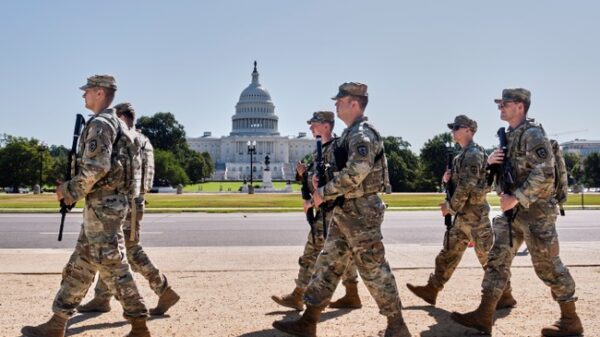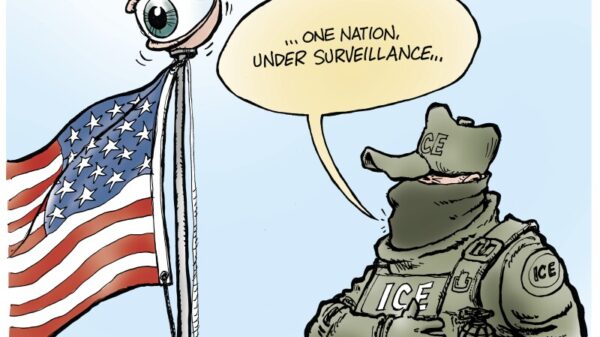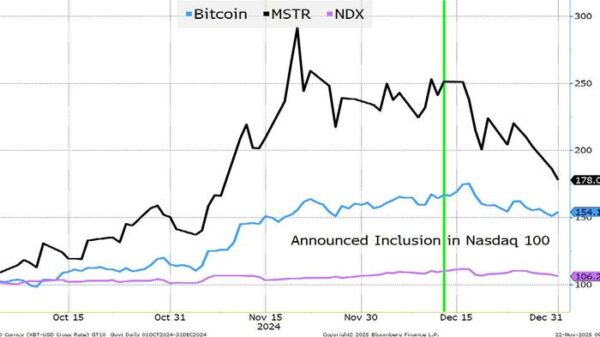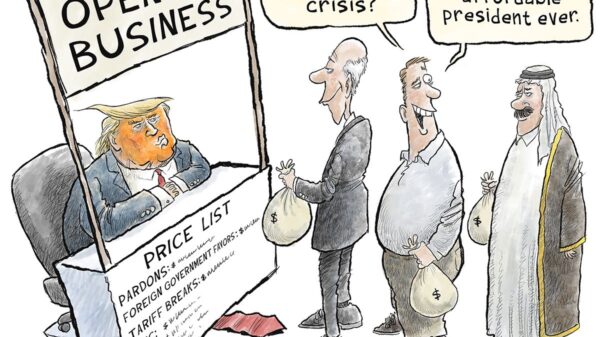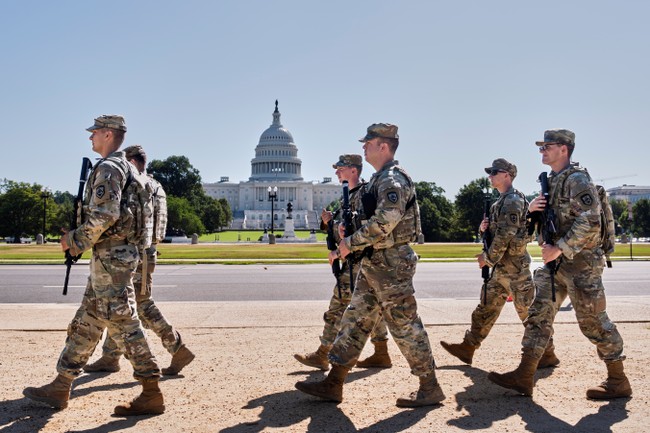Recent tensions have emerged as Democrats threaten legal repercussions against U.S. Immigration and Customs Enforcement (ICE) agents and military personnel who follow directives from President Donald Trump. This situation escalates concerns about the political climate surrounding immigration enforcement and military conduct.
Democrats have voiced strong opposition to Trump’s enforcement of immigration laws, suggesting that they would prosecute ICE agents if they continue to carry out what they deem to be unlawful orders. This intimidation extends to the military, where similar threats have raised alarm, particularly following a video that discussed military engagement under current policies. The implications of such threats could create a chilling effect on law enforcement and military operations.
The rhetoric surrounding this issue has intensified, with some commentators labeling the Democrats’ strategy as treasonous. Critics argue that by threatening legal action against those adhering to lawful orders, Democrats are undermining the constitutional authority of the President and sowing discord within the military ranks. Such actions are perceived as a form of psychological warfare that aims to erode trust in military leadership.
In response, Trump has reminded critics that sedition is a serious offense, asserting that any attempts to undermine the chain of command are detrimental to national security. He argues that the Democrats’ tactics create an environment of fear among agents and soldiers who are tasked with upholding the law.
The political discourse has positioned Democrats as adversaries of the republic, according to some conservative commentators. They argue that Democrats are using fear tactics to regain power, jeopardizing the safety and security of those involved in law enforcement and military activities.
The fallout from these threats could have significant implications for the morale and operational effectiveness of U.S. military forces. Critics assert that politicizing the military in this manner could lead to second-guessing lawful orders, ultimately undermining the oath that binds service members together.
As this conflict unfolds, the future of immigration enforcement and military readiness remains uncertain. The actions and statements from key political figures will likely influence the ongoing debate about the role of law enforcement in a politically charged environment.
In summary, as tensions rise between the Democratic Party and the Trump administration, the repercussions of this political maneuvering could resonate deeply within the institutions tasked with maintaining order and security in the United States. The implications of these threats underscore a growing divide in American politics, with significant consequences for those on the front lines of enforcement and military service.










